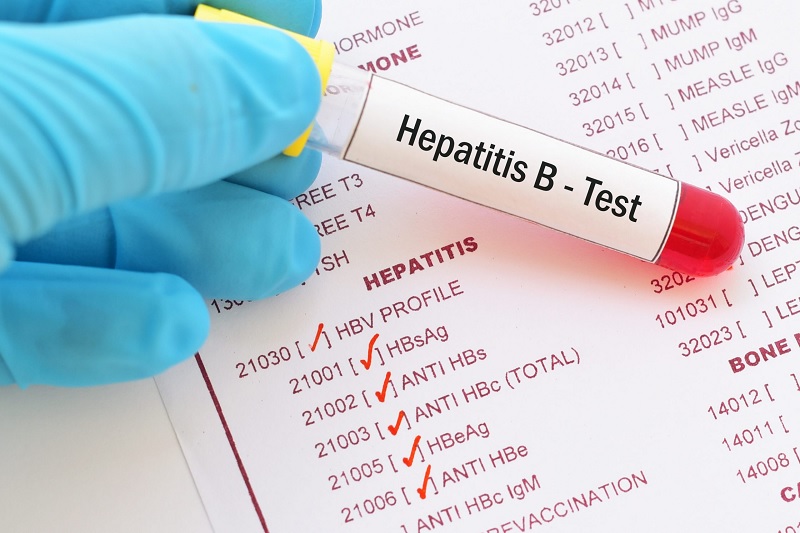
Hepatitis simply means inflammation of the liver parenchyma due to multiple reasons. One most common type of hepatitis is viral hepatitis. Other causes include bacterial hepatitis, parasitical hepatitis, autoimmune hepatitis and few others.
Viral hepatitis can be caused by various hepatitis virus such as Hepatitis A, B, C, D, and E. Generally, hepatitis A and E are caused by food borne contamination while hepatitis B, C, and D are caused by transmission through blood products, or bodily fluids like semen and vaginal fluid.
Symptoms of hepatitis include yellowish discolouration of skin and eyes, abdominal distension, bilateral limb swelling, confusion and drowsiness. Health screening for hepatitis is essential to detect the virus as early as possible to embark the treatment quickly to prevent liver failure.
Hepatitis A and B packages services at home
In the midst of this pandemic, it is very crucial for you to stay and home with your loved one to prevent further transmission. You can get your hepatitis status checked at your home by purchasing the test packages at any online clinic or pharmacy.
These services will provide you with a complete set of hepatitis test packages together with other basic tests included. Most online clinics or pharmacies will send a nurse or a medical assistant to carry out the test at your home after the purchase has been done. Once the test is done, you will need to wait for about 72 hours to get your results.
If your result is positive, your service provider doctor will contact you for further consultation and to get a reassessment done as quickly as possible. You are advised to get the test done after at least 4 weeks after being exposed although it might take up to 6 months to show you a positive result. These test kits will come with lancets, tubes, plasters, alcohol swabs and a test kit.
Do keep in mind that some extra tests included in this package will be needing you to fast for about 6 to 10 hours prior to the test to yield an approximate result. Do read up or consult the service provider on the preparations before the health screening.
Who should test for hepatitis?
Hepatitis A and E
- People who consume their food and drinks outside home usually.
- Travellers who recently travelled to endemic areas
Hepatitis B, C, and D
- People who have multiple sexual partners and partners with multiple sexual contacts. Hepatitis can be transmitted via bodily fluids like semen and vaginal fluid during sexual intercourse.
- Healthcare workers. This group of people are at high risk of exposing themselves to patients who already have contracted hepatitis virus. Apart from that, incidence of needle prick injury is also high among this group of people.
- Blood donation recipients. Patients who require frequent blood transfusion such as thalassemia and cancer patients are at risk of getting hepatitis virus.
- Intravenous drug users. Commonly, drug users tend to share their needles with others with unknown status of hepatitis, thus increasing the chance of you getting the virus directly into the bloodstream.
You may also want to get your hepatitis status to be checked before planning a marriage with your partner.
How to avoid getting hepatitis?
- Practice safe sex with condoms or other barrier methods with single partners. Get your partners hepatitis status checked before sexual intercourse.
- Avoid sharing needles and adhere to certain campaigns like needle sharing exchange programs and etc.
- If you are a patient receiving frequent blood transfusions, stay compliant to follow ups in your clinic and hospital to monitor possible diseases contracted from blood transfusions.
- If you are a healthcare worker, wear proper attire including gloves and other PPE to prevent any accidental injury during any procedures.
